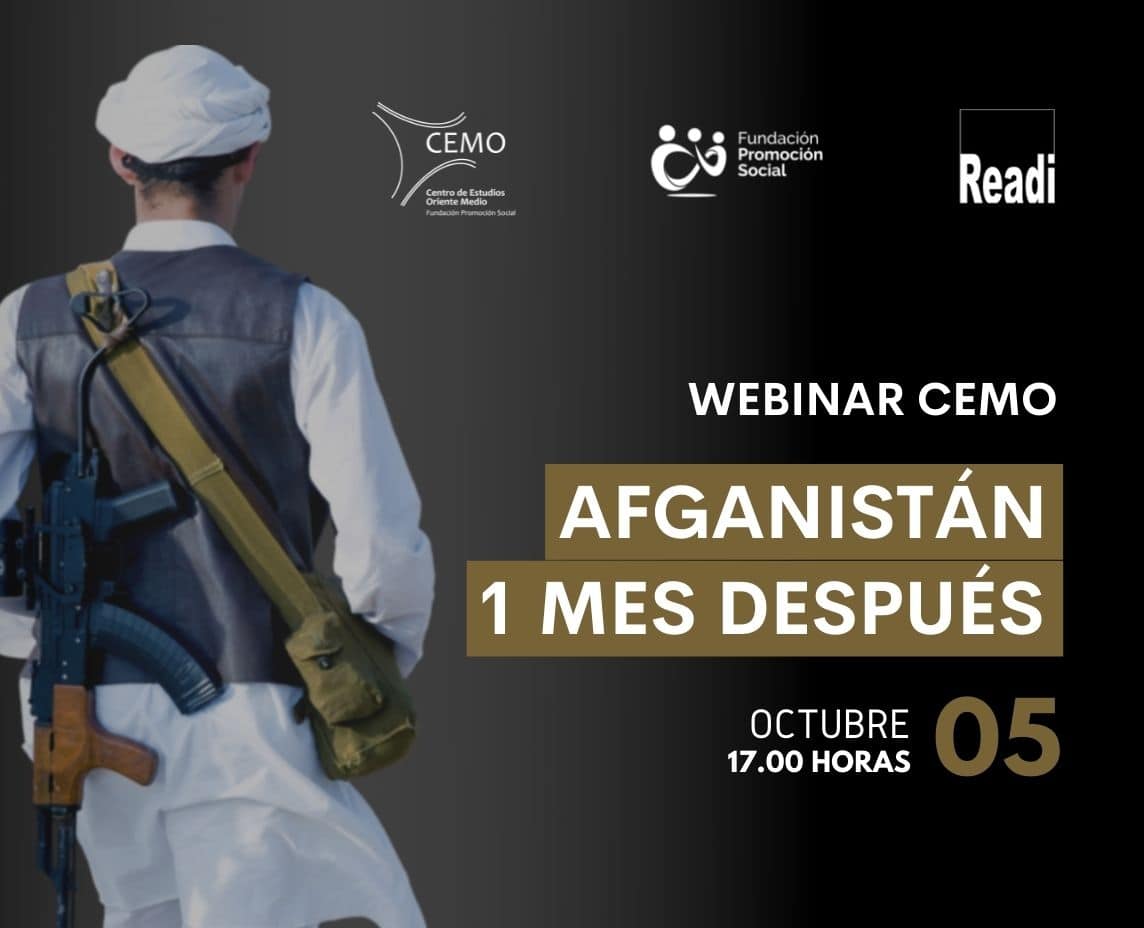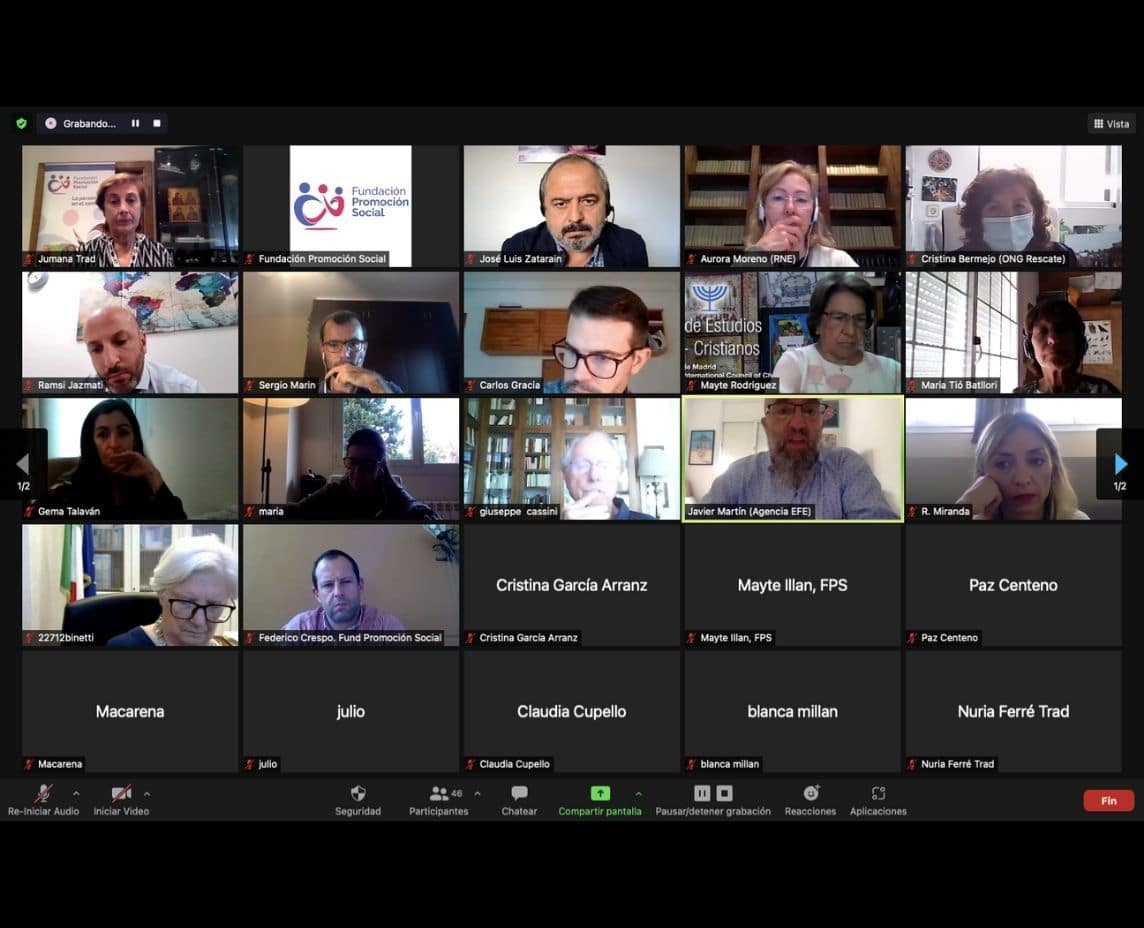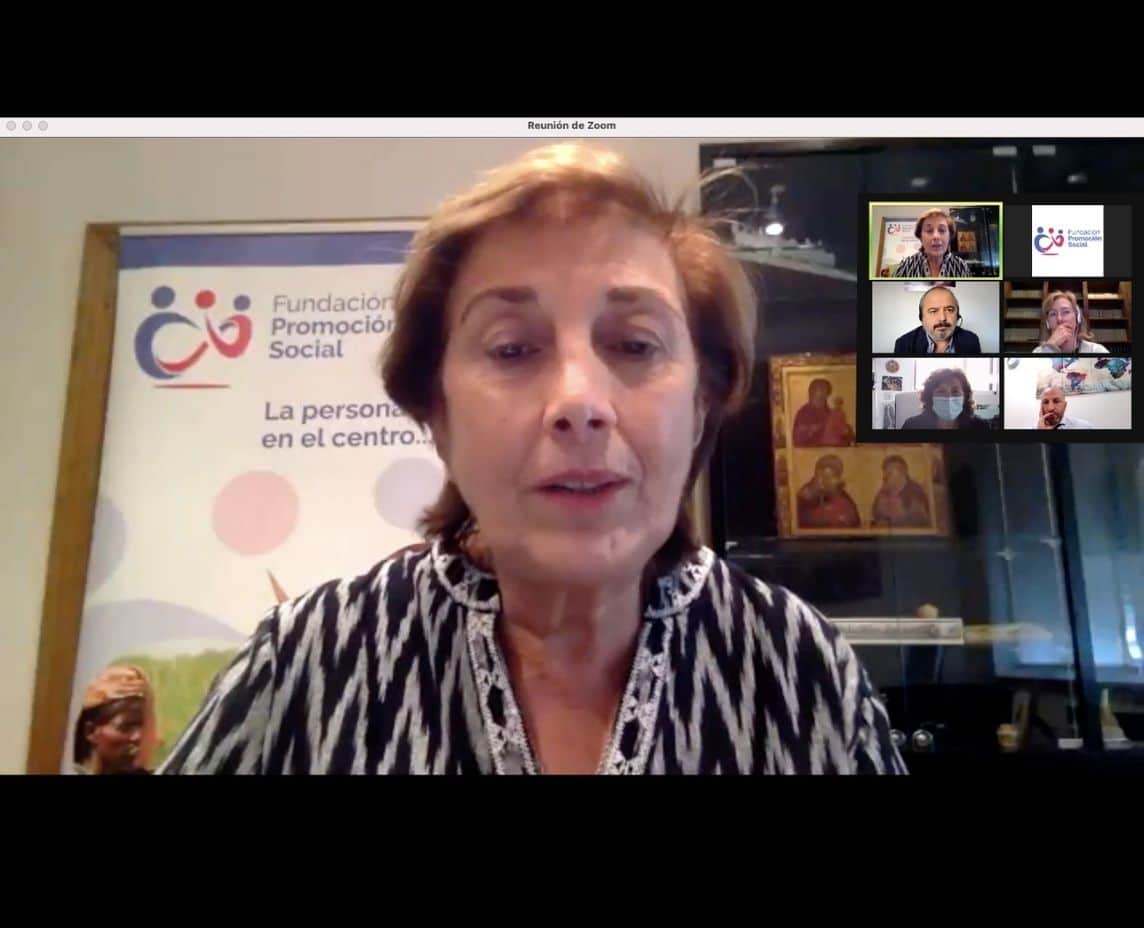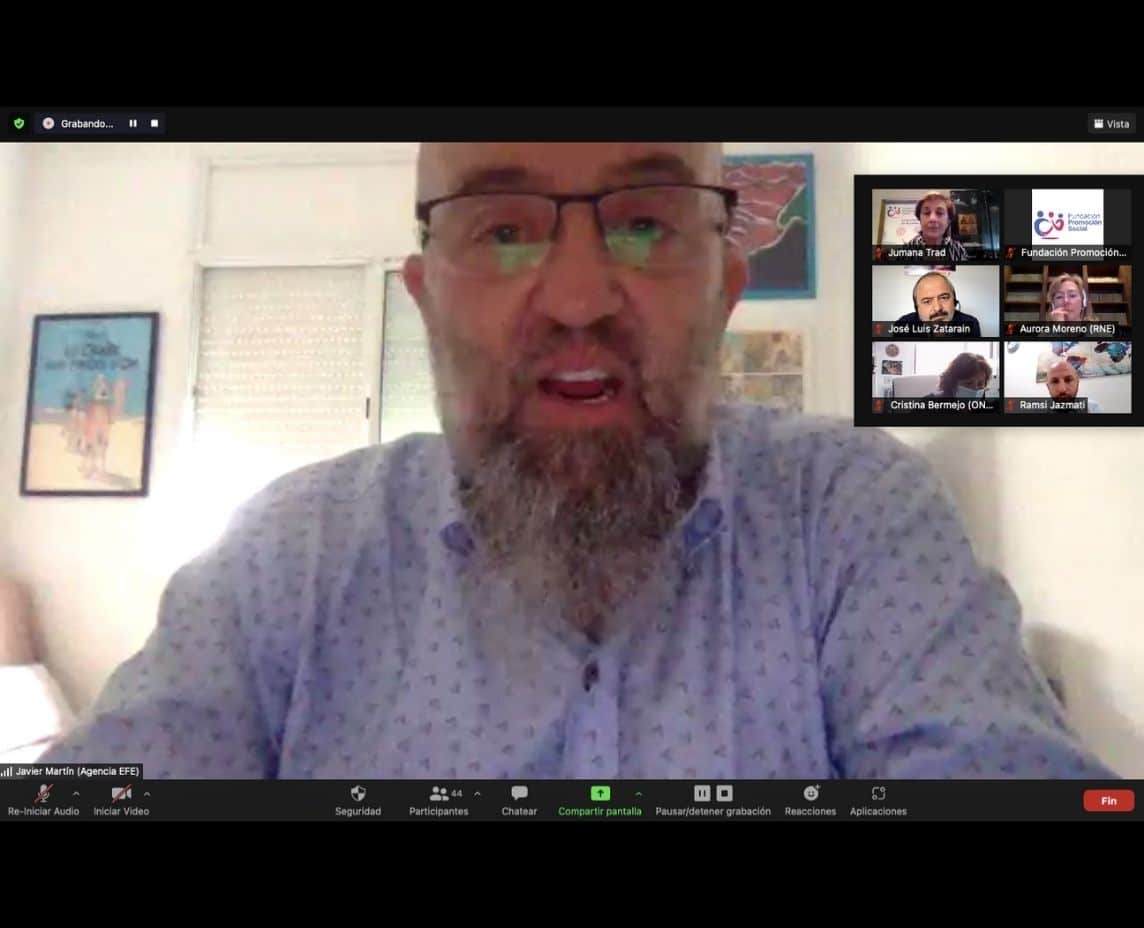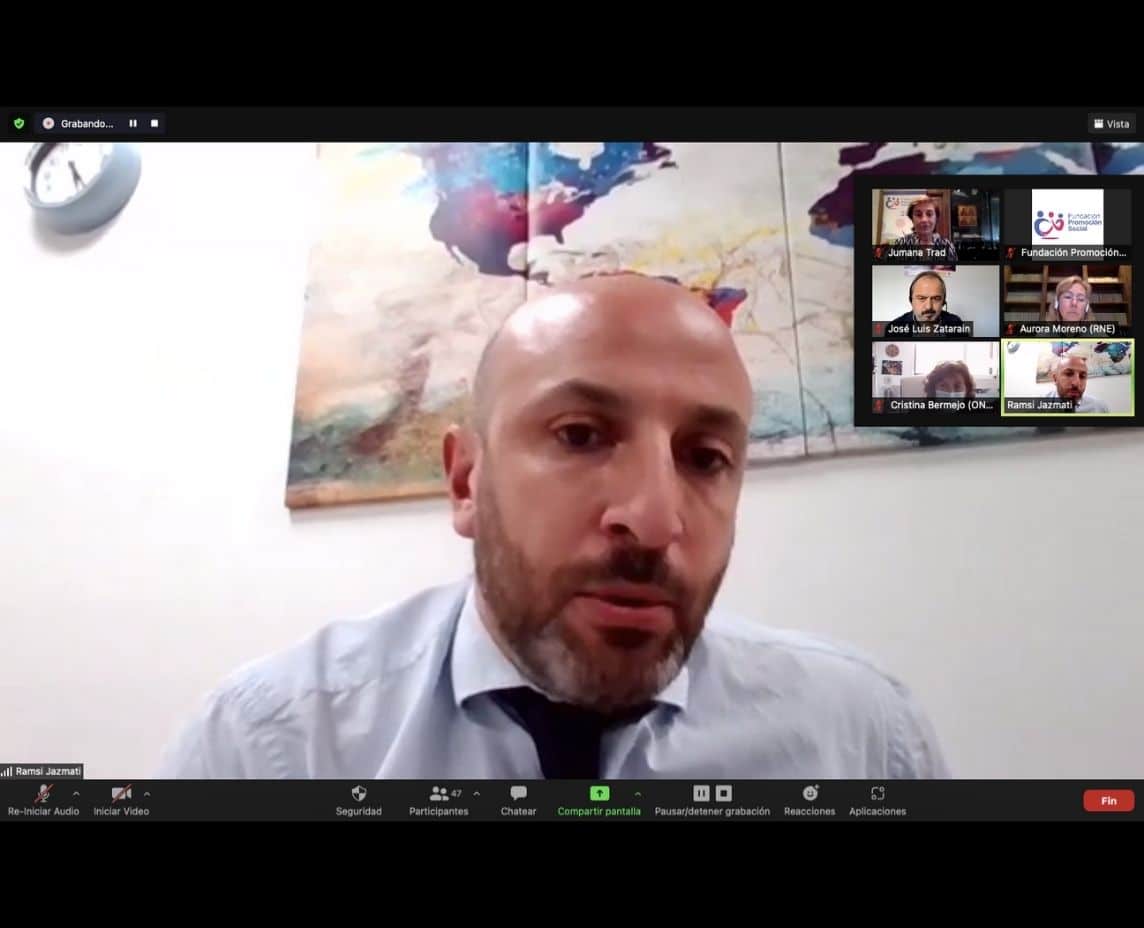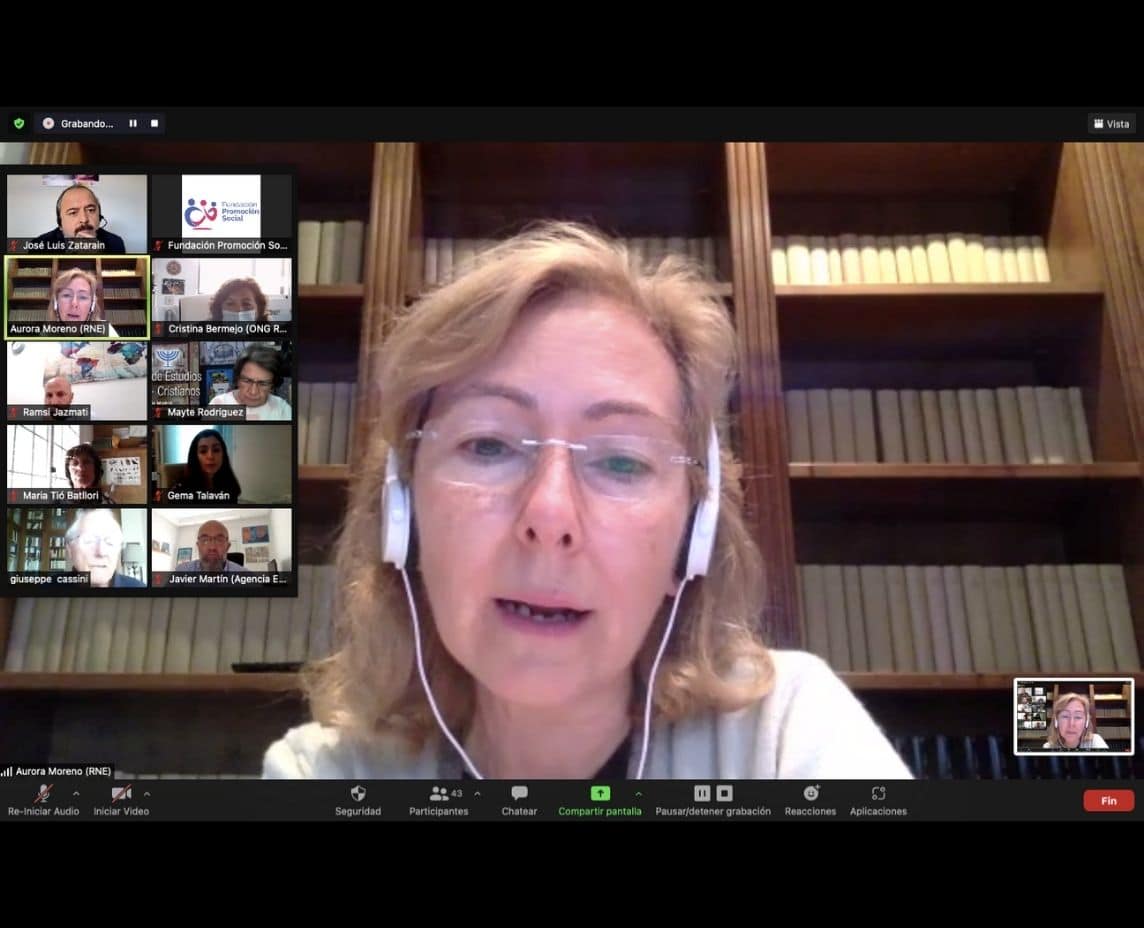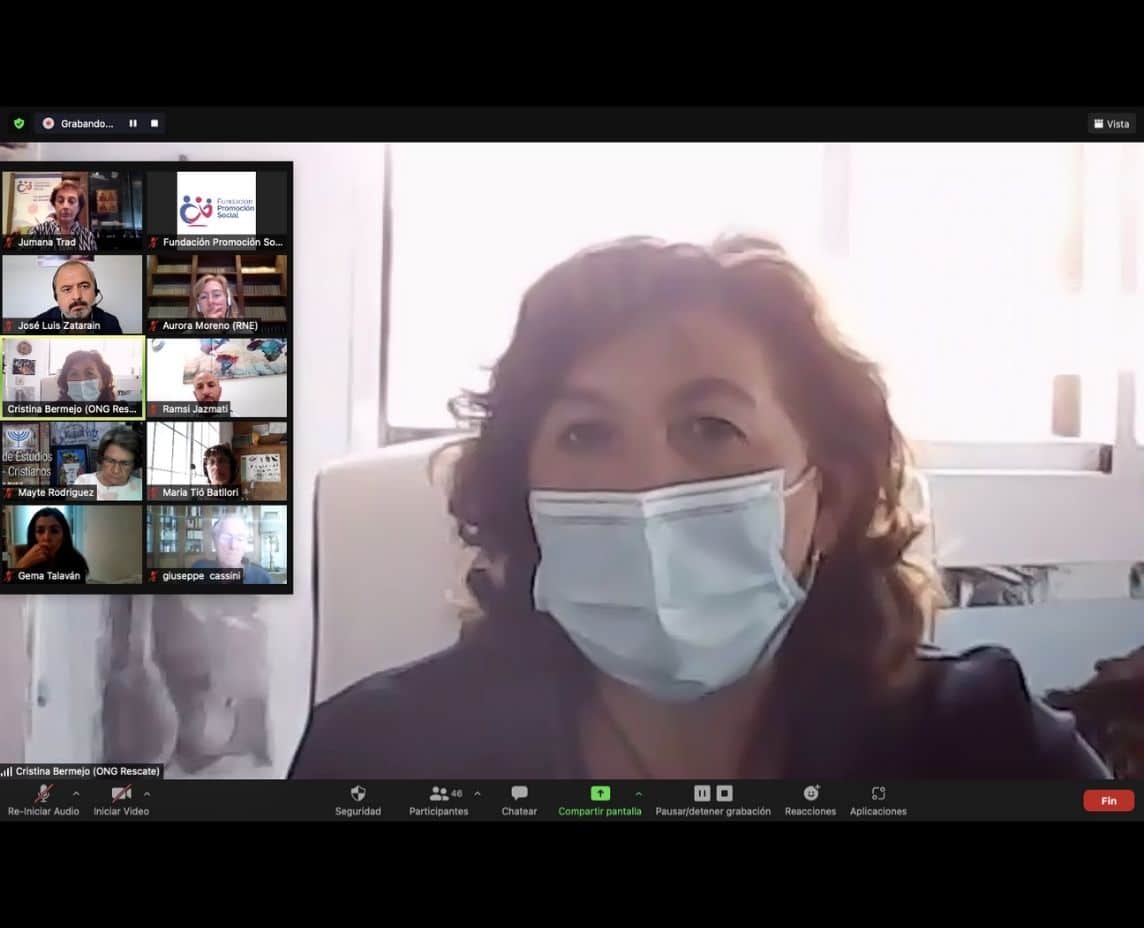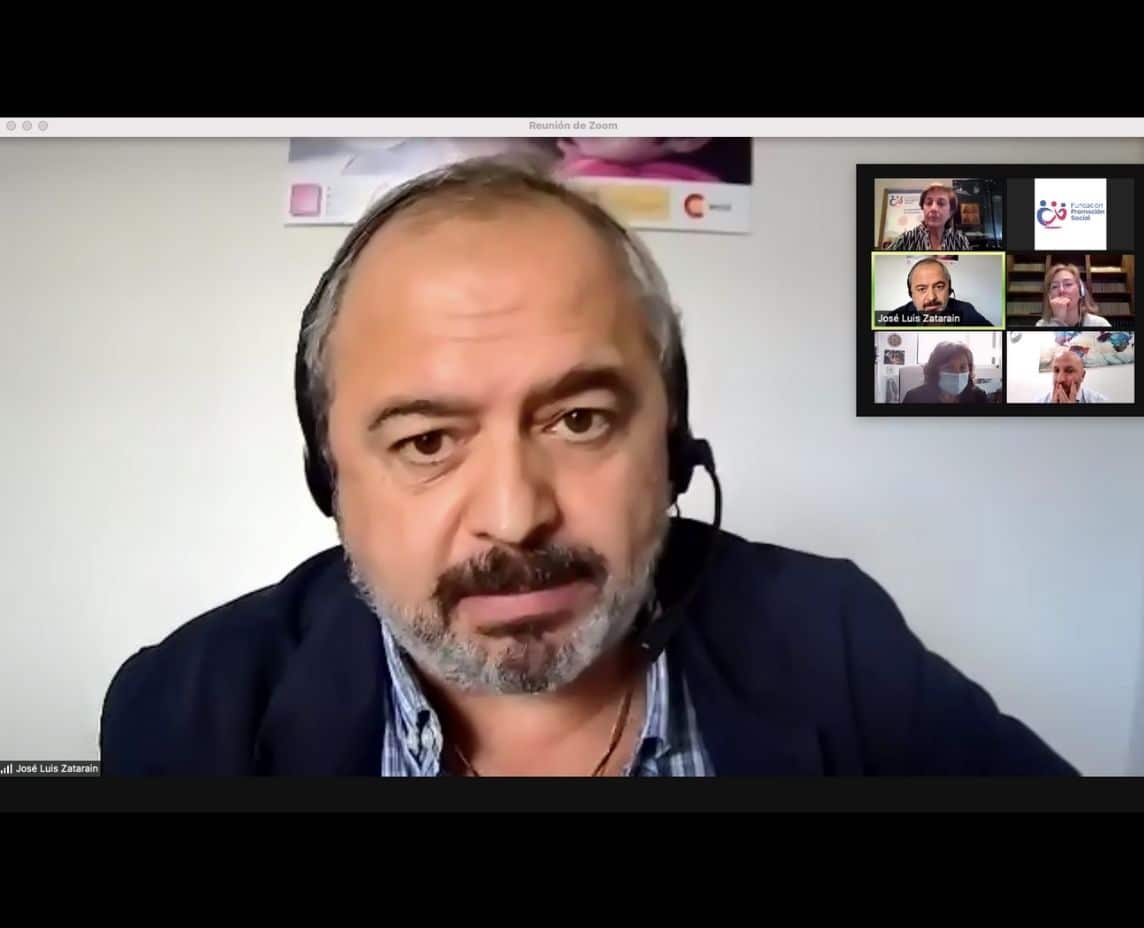Tuesday 5 October took place the webinar “Afghanistan: 1 month later” organized by the Center for Middle East Studies (CEMO) of the Social Promotion Foundation together with the Euro-Arab Network of NGOs for Development and Integration (READI) that addressed the current situation in Afghanistan, one of the countries with the lowest development index and the highest poverty index in the world, following the recent withdrawal of US troops and the international coalition and the takeover of the Taliban. He also analyzed the situation of Afghan women, the challenges facing the country, as well as the need to face the humanitarian crisis suffered by thousands of people seeking to flee to avoid potential reprisals from the Taliban.
After almost two decades of conflict, the reconstruction of the country and the improvement of both its security situation and its human development indices do not seem to have seen a significant improvement. The Afghan population has faced direct violence for years through fighting and terrorist attacks.
In addition, and despite the progress in development indices experienced since 2000, the situation of poverty, access to healthcare (especially in rural areas), lack of administrative structures, adequate infrastructure or low levels of education, especially from women, show that Afghanistan needs international aid that goes beyond armed intervention.
The webinar began with the words of welcome from Jumana Trad, President of the Social Promotion Foundation, who thanked the speakers for their participation on behalf of the Foundation, and mentioned the links that the Foundation has with them: in the case of Javier Martín , is a member of the CEMO advisory council, Ramsi Jazmati, is a current member of the Foundation’s Board of Trustees, with Aurora Moreno, the Foundation has maintained a close professional collaboration for years and Cristina Bermejo, is the director of NGO Rescate, with which Social Promotion Foundation develops an agreement in the Somali region in Ethiopia.
Javier Martín, Delegate of the EFE Agency in North Africa and an expert in the Middle East, began by underlining the “failure” of the West, which after 20 years of military presence in Afghanistan, leaves the country without having solved the structural problems and leaving a more powerful and evolved jihadism.
Subsequently, he made a comparison with Libya that allowed a glimpse of the future of Afghanistan, in particular with regard to the privatization of wars as occurs in the North African country, and the end of major international military operations.
Then, Ramsi Jazmati, Deputy Director of the Choiseul Institute and expert in female leadership of Arab women, intervened, who analyzed the new situation in which Afghan women are left, who see their rights, access to education, work, and their daily freedoms threatened.
During the last 20 years, women in Afghanistan have achieved greater levels of freedom, they account for 25% of the employed population and 5% of the entrepreneurs or owners of private initiatives, which although they are not high figures compared to our country, they are higher than those achieved in countries such as India or Egypt.
He commented that Arab and Muslim women who access positions of responsibility and public are strong women with a lot of personality and charisma.
He mentioned Fatima Gailani, President of the Afghan Red Crescent Society, who asserted that “We will never go back to what we have been before.”
He clarified that there are many Taliban women who believe in Sharia taken to that extreme that they would apply to their own fellow citizens.
He concluded that it is about solving a conflict between ethics and politics, and that there is still an important job on the part of diplomacy: “it is about being realistic and building bridges”.
Aurora Moreno, a journalist from RNE’s international area and special envoy to conflict zones, focused her speech on analyzing what are the main challenges facing the country.
According to her, the Afghans seem to be heading straight for a new civil war, and the Taliban government needs to stabilize, gain international recognition and support so that the economy and the country do not collapse.
He also spoke of its low credibility when it comes to committing to not being an export platform for Islamist terrorism and the mistrust of the international community, which is torn between supporting a regime that does not meet Western standards, in exchange for partially having it. controlled, or abandon it to its fate and have a regional destabilization focus and a nest of terrorists.
He commented on the role that neighboring countries are playing in these times of uncertainty, what their interests are in Afghanistan, Russia’s stance towards the Taliban, China’s pragmatism that wants to play a more important role, and the support of Pakistan, concerned by the threat of an unstable Afghanistan.
To the humanitarian crisis embodied in the migratory and refugee movements of recent years, we must add the drama of the hundreds of people who, fleeing the recent arrival of the Taliban, sought to leave the country to escape the potential reprisals of the Taliban for what they interpret as “collaborationism” with the Afghan regime supported by Westerners.
In relation to this issue, Cristina Bermejo, Director of the NGO Rescate, intervened, with extensive experience in projects to help refugees and raise awareness of the general public on this matter.
From the Foundation we asked you to provide the public with information about what a refugee is and what is not, and concepts such as migrant or asylum, with the idea of avoiding the misuse of these concepts, fighting, hate speech and promote empathy towards refugees.
Cristina offered to send a document with these concepts for dissemination (accessible through this link).
For almost 20 years, Afghanistan had the presence of more than 13,000 military personnel from 42 countries, NATO forces, led by the United States, to fight the insurgency and help rebuild the country.
In a few days, we have returned to the starting point, the Taliban have returned to rule the country and it is difficult not to notice a feeling of dismay over something that could have been a success but that seems not only unfinished but also a humanitarian and development failure.
Afghanistan that continues to be at the tail of development and is one of the 20 poorest and least developed countries in the world as it was 20 years ago.
After questioning the speakers, José Luis Zatarain, Communication Director of the Social Promotion Foundation and moderator of the webinar, concluded the session.





